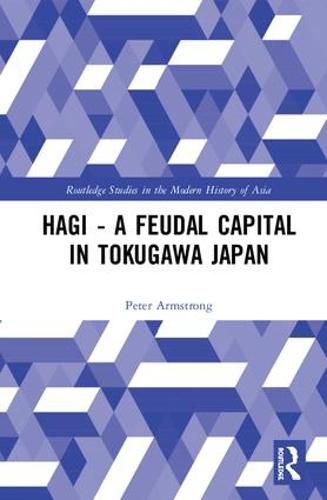Hagi - A Feudal Capital in Tokugawa Japan
Peter Armstrong

Hagi - A Feudal Capital in Tokugawa Japan
Peter Armstrong
The western Japanese city of Hagi is the town in Japan which has preserved the greatest level of Tokugawa period (1600-1868) urban and architectural fabric. As such it is a major tourist destination for both Japanese and non-Japanese visitors. The city is also very important historically in that it was the capital of the feudal daimyo domain - Choshu - which spearheaded the reform movement from the 1850s onwards which led to the overthrow of the Tokugawa shogunate and the foundation of Japan in its modern form. This book, rich in detail and very well illustrated, is both an urban and social history of this important town. It outlines the development of the layout of the city and its castle, relates this to the history of its lords, the Mori family, and their place in Japanese history; and sets Hagi in the context of the wider Choshu domain. The book includes a discussion of contemporary arrangements aimed at preserving Hagi’s historical heritage.
This item is not currently in-stock. It can be ordered online and is expected to ship in approx 4 weeks
Our stock data is updated periodically, and availability may change throughout the day for in-demand items. Please call the relevant shop for the most current stock information. Prices are subject to change without notice.
Sign in or become a Readings Member to add this title to a wishlist.


